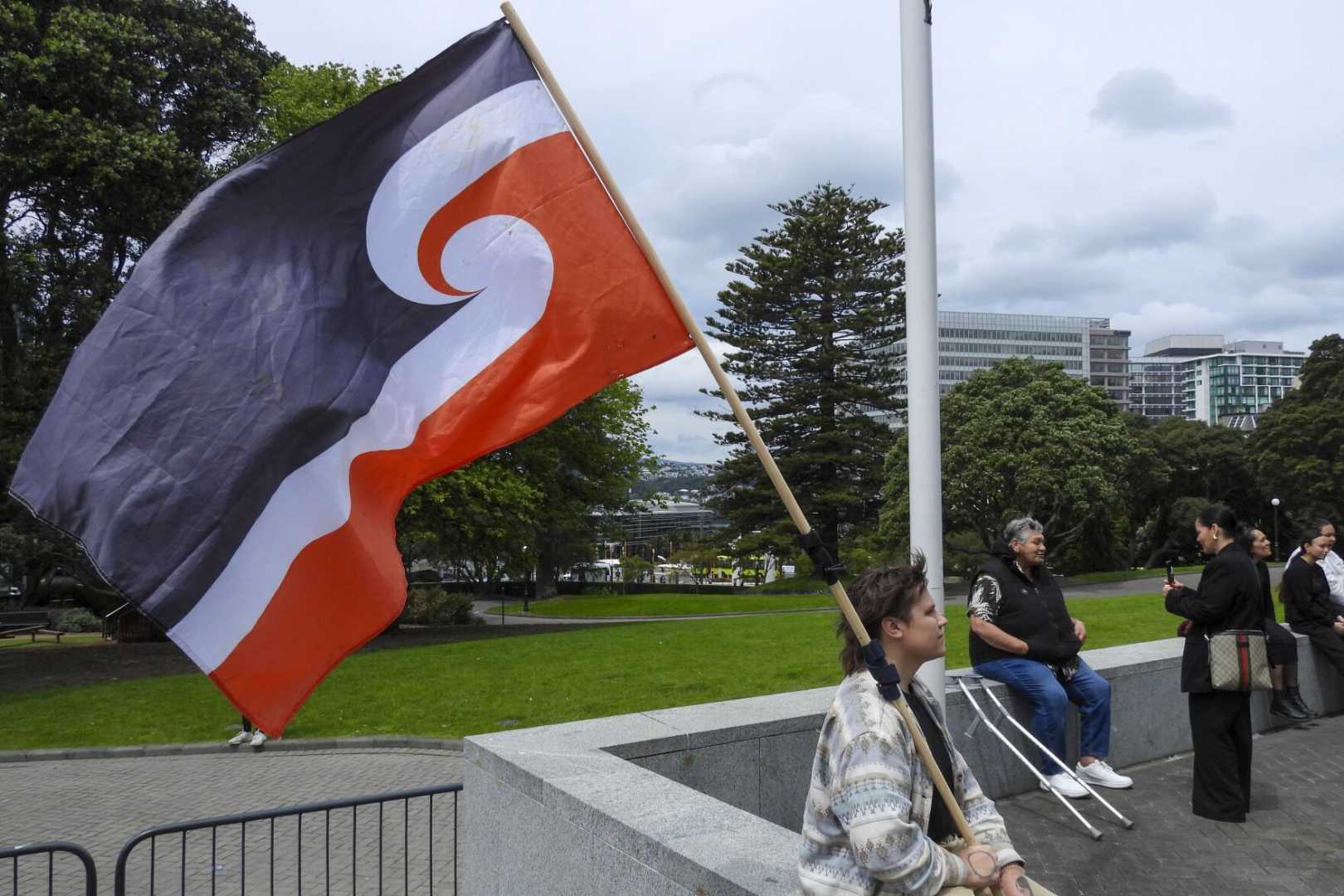Politics
Treaty Principles Bill Passes First Reading Amid Heated Opposition and Protests

The Treaty Principles Bill has passed its first reading in the New Zealand Parliament, despite intense opposition and protests both inside and outside the legislative chamber. The bill, proposed by ACT Party leader David Seymour, aims to define the Treaty of Waitangi principles that would be used to interpret legislation. However, it has been met with significant resistance from various groups, including Māori communities and opposition parties.
Prime Minister Christopher Luxon confirmed that the National Party would honor its coalition commitment to support the bill through its first reading but emphasized that their support would not extend beyond this stage. Luxon described the bill as “divisive” and suggested that National would vote it down in subsequent readings.
The debate was marked by heated exchanges, with Labour MP Willie Jackson being ejected from the debating chamber after calling Seymour a “liar.” A haka led by Te Pāti Māori also caused proceedings to be suspended temporarily before the vote could be completed.
A large protest hīkoi, involving thousands of marchers, is currently making its way to Wellington in opposition to the bill. The march, which started in the North Island, has already caused significant traffic delays and is expected to arrive in the capital next week.
David Seymour argued that the bill is necessary to affirm equal rights for all New Zealanders and to provide clarity on the interpretation of Treaty principles in legislation. He believes that the current system, where courts and the Waitangi Tribunal define these principles, has led to actions contrary to the principle of equal rights, such as co-governance and ethnic quotas.
The bill will now proceed to a six-month select committee process, where it will be open for public feedback and scrutiny. This process is seen as an opportunity to democratize the debate over the Treaty principles, which have been dominated by a small group of judges, public servants, academics, and politicians.












